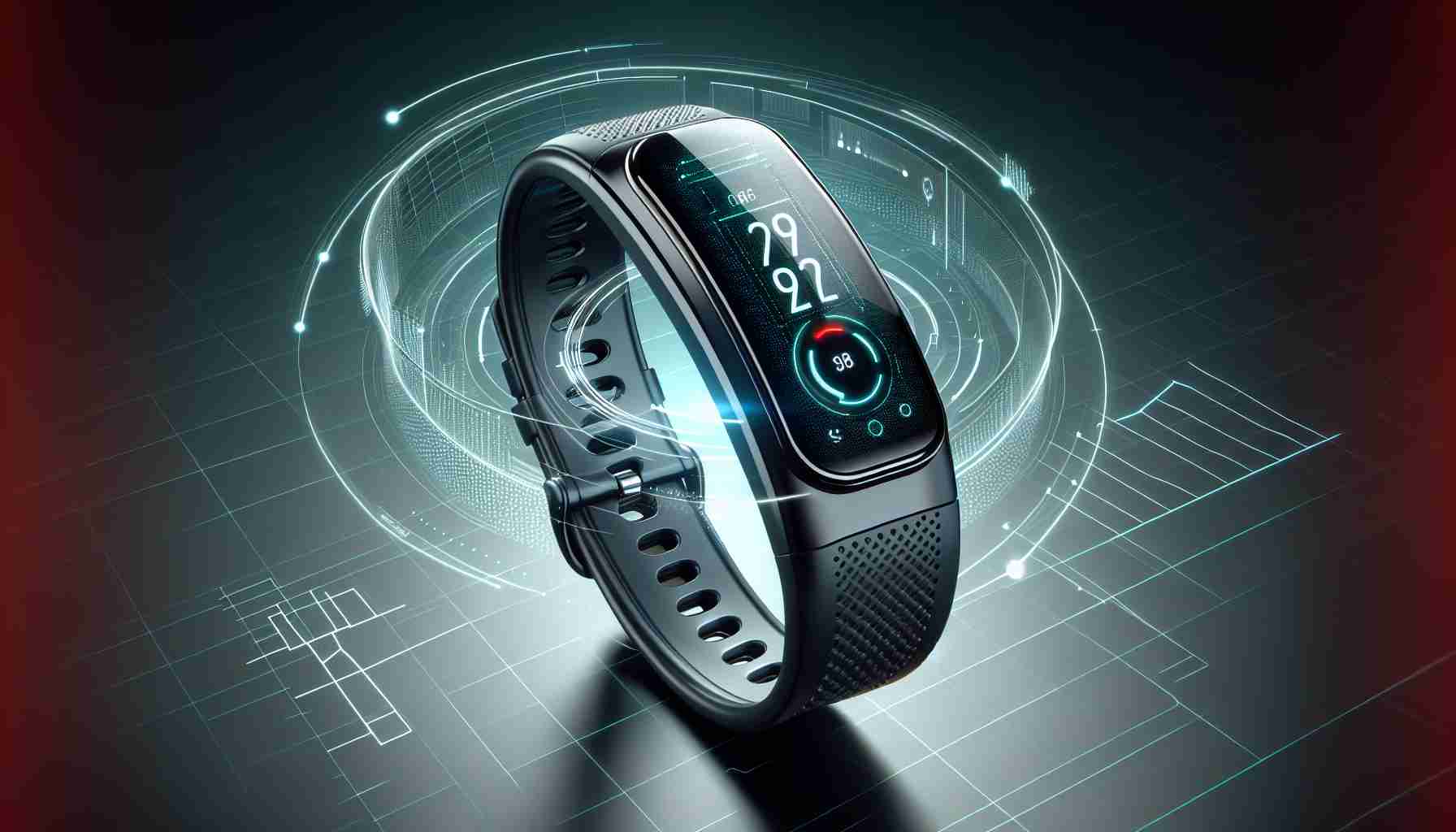In a bold move to elevate wearable technology, Xiaomi has unveiled the Smart Band 9 Pro in the footsteps of its popular Smart Band 9. Building on the success of its predecessors, the 9 Pro boasts a more expansive and squarer display compared to the non-Pro variants.
Featuring a stunning 1.74-inch AMOLED screen, the Smart Band 9 Pro captivates users with its 336×480 resolution and remarkable 1,200-nit peak brightness. Weighing in at just 24.5g, courtesy of its sleek aluminum alloy body, the device measures 43.27 x 32.49 x 10.8 mm, making it both lightweight and robust.
Durability and functionality are at the heart of the new Smart Band’s design. Equipped with 5ATM water resistance and a 350 mAh battery that lasts up to 21 days, this gadget is as resilient as it is efficient. Connectivity is a breeze with NFC, Bluetooth 5.4, and support for multiple satellite positioning systems. It seamlessly pairs with Android 8+ and iOS 12+ smartphones.
The Smart Band 9 Pro is a comprehensive health tracker, monitoring heart rate, blood oxygen, and sleep patterns. With over 150 sports modes, users can enjoy enhanced tracking for a variety of activities including running and swimming.
Pricing starts at a budget-friendly CNY 399 ($56), and users can customize their bands with magnetic or leather quick-release straps.
While currently available only in China, the global tech community eagerly awaits this innovative device’s international debut. Stay tuned for further updates!
Why Xiaomi’s Latest Smart Band May Change Everyday Life
In the fast-evolving world of wearable technology, Xiaomi’s Smart Band 9 Pro broadens horizons with its sleek features and accessibility. But beneath the surface specs, there’s a bigger story about how such devices are reshaping the lifestyles of individuals and the dynamics of communities globally.
Beyond Health: A Lifestyle Revolution
The Smart Band 9 Pro may just be a gadget, but its implications reach far and wide. Beyond tracking steps and calories, it integrates into what many call the “quantified self” movement, allowing users to gain deeper insights into their daily activities, make informed decisions, and cultivate healthier lifestyles.
This transformation isn’t just limited to individuals. Communities worldwide are leveraging wearables to foster collective health initiatives. Local governments and organizations are exploring collaborations with tech giants like Xiaomi to gather anonymous health data, aiming to improve public health policies and interventions.
Controversies and Data Privacy Concerns
Yet, the growing integration of wearables raises an important question: how private is our health data? While the convenience and benefits of devices like the Smart Band 9 Pro are undeniable, they come with concerns about the collection, storage, and potential misuse of personal health information.
Xiaomi, along with other leading tech companies, must ensure robust data protection mechanisms are in place. Transparency regarding what data is collected and how it is used is crucial to gaining consumer trust and compliance with international privacy regulations.
Advantages and Disadvantages of Smart Band Use
The popularity of wearable devices like Xiaomi’s Smart Band 9 Pro stems from several advantages. Enhanced health monitoring can lead to early detection of health issues, personalized exercise plans, and overall increased physical activity. Moreover, with features like NFC and Bluetooth 5.4, convenience in daily life is significantly improved—from cashless transactions to seamless device connectivity.
However, the disadvantages cannot be overlooked. Over-reliance on such devices might lead to excessive self-monitoring, causing anxiety in some users regarding their health stats. There’s also the environmental impact due to electronic waste, given the rapid upgrade cycles these devices often undergo.
What’s Next? Future of Wearable Technology
With devices like the Smart Band 9 Pro setting the trend, what does the future hold for wearable technology? Innovations in materials and energy sources, such as flexible displays and solar charging, are the next frontier. Additionally, AI integration could provide more intuitive feedback and even predictive health alerts, fundamentally altering preventive healthcare.
For those eager to dive deeper into wearable technology, here are some useful links:
– Xiaomi for product information and updates
– Wearable for news and reviews on the latest wearable technologies
– Consumer Reports for insights into tech products and consumer rights
The future of wearables is glimmering on the horizon, and with it comes a new wave of change across societies, shaping how we interact with our health, our environment, and each other. Keep an eye on Xiaomi and other innovators as they continue to redefine the boundaries of technology.


















